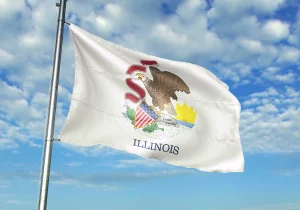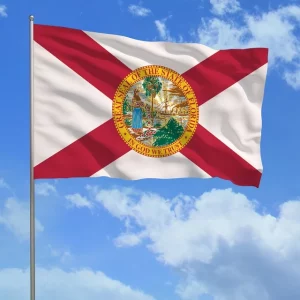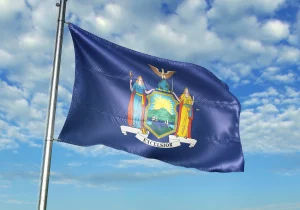Rise of Twitch
Twitch is a streaming platform owned by the US commercial giant, Amazon.com. Twitch allows users to stream and watch, creating communities around shared interests like esports and real money gaming.
The idea is simple but brilliant. Content creators share their screens, and viewers can also see the streamer and hear their live commentary alongside the game screen, meaning they experience the gameplay highs, lows, and excitement of the gameplay together, as a community. Some popular slot streamers include xQc, Mizkif, Trainwreck, and Niknam. Between them, they have millions of followers who tune in to watch them play.
So how did it all begin? Circa 2015, some real money players and smaller affiliates began live streaming their slot sessions on Twitch. These soon drew larger audiences, and a trend was created - live-streaming slot sessions.
Live slot streams are still popular today, although there has now been more attention drawn to the darker side of the trend, like the cheating employed by some streamers and casinos through sponsorship deals, fake accounts, and even view-botting (artificially increasing the popularity of a stream/streamer) to boost views.
Fake Money Accounts and Gambling Advertisements
As the popularity of live slot streaming caught the attention of the wider gambling industry, casinos began forming partnerships with streamers and subsidizing their accounts. Mostly, these were Curacao-licensed crypto and fiat casinos, but even reputable brands like LeoVegas have been embroiled in the scandal, as one streamer, CasinoRobot, accidentally shared his demo account on stream.
To clarify, when we talk about fake money accounts, we mean when a casino sets up a special account for the streamer with funds that are not or only partially withdrawable. It's not real money, it's owned by the casino, and the streamer isn't actually winning or losing. This allows the streamer to play without worrying about stake size or risk - they also profit from partnerships. The idea is that viewers are tempted to sign up to the gambling site where the streamer is playing and take more substantial financial risks, having seen the potential winnings of large bets.
Drake's $12m Roulette Spin
For example, during a one-day session, viewers saw popular icon Drake win $12m on a single roulette spin using his Stake.com account (Drake is also rumored to be a Stake.com investor). If you're already feeling suspicious of a single spin win of $12m, then your intuition might be correct, as some have argued that a select few software providers are also in on the streaming racket, which is why some streamers favor certain providers.
Despite the improbability of the wins and unsustainable spending habits of streamers like Drake, Trainwreck, and Niknam, thousands of watchers consume their streams, many of whom were likely younger and more susceptible audiences due to the lack of age-gating on Twitch.
Even slot review sites, like BigWinBoard, have given accounts of being offered fake money streaming accounts. A WIRED investigative article has also revealed that Duelbits.com offered one streamer, Adin Ross, $1.4 - $1.6m to live stream their slots. Moreover, they found that 64 of the top 1,000 most-watched streamers have live-streamed crypto slots or advertised deals for crypto gambling sites, with the trend increasing in 2021.
So it was known that Twitch streams could be manipulated, but still attract 100,000s of viewers who are essentially exposed to fake advertisements, encouraging them to sign up to specific gambling sites and play to win.
Twitch Changes Policies
Coming under fire from the industry and mass media, Twitch took action to combat such unscrupulous practices, and in 2021, they banned the sharing of links or referral codes to any gambling site. On occasion, the platform has also banned certain streamers, like Roshtein and Adin Ross, but this seemed to have little effect as both could re-open accounts on the platform within days.
In October 2022, Twitch went further to combat unregulated casinos and the streamers promoting them, updating their policies to ban gambling sites that are not licensed in the US or "other jurisdictions that provide sufficient consumer protection." In the press release, Twitch even named Stake.com, Rollbit.com, Duelbits.com, and Roobet.com as banned sites.
Many have said this is not enough and called for an outright ban on real money casino game streaming on Twitch, with influential streamer Devin Nash calling it "objectively harmful to the website and its users". They have also questioned why it took the platform so long to create policies that banned unregulated or poorly regulated gambling sites; the answer is most likely commercial measurements that prioritized viewing numbers over the content.
Sadly, the issues with live slot streaming are not yet over. Unlike LeoVegas (who stopped the practice and made changes to their marketing team), Stake.com seems to have not learned from the very public exposure to the irresponsible (from a responsible gambling viewpoint) and ethically questionable business practices as they have recently launched their live streaming platform, Kick.com, which is becoming increasingly popular with slot players and streamers (many of whom used to be on Twitch).














